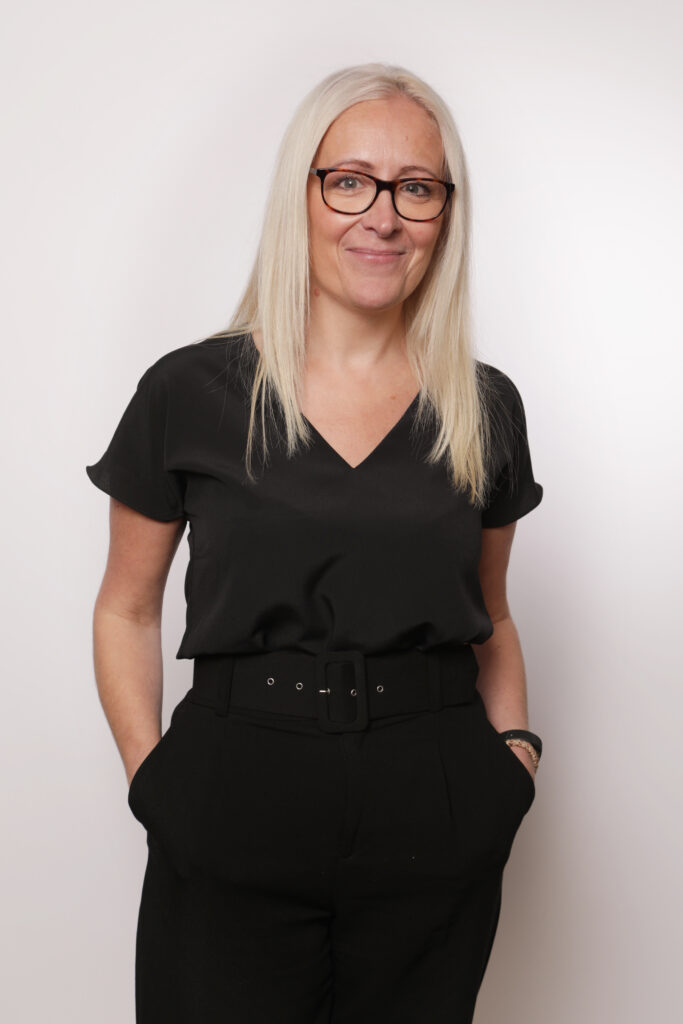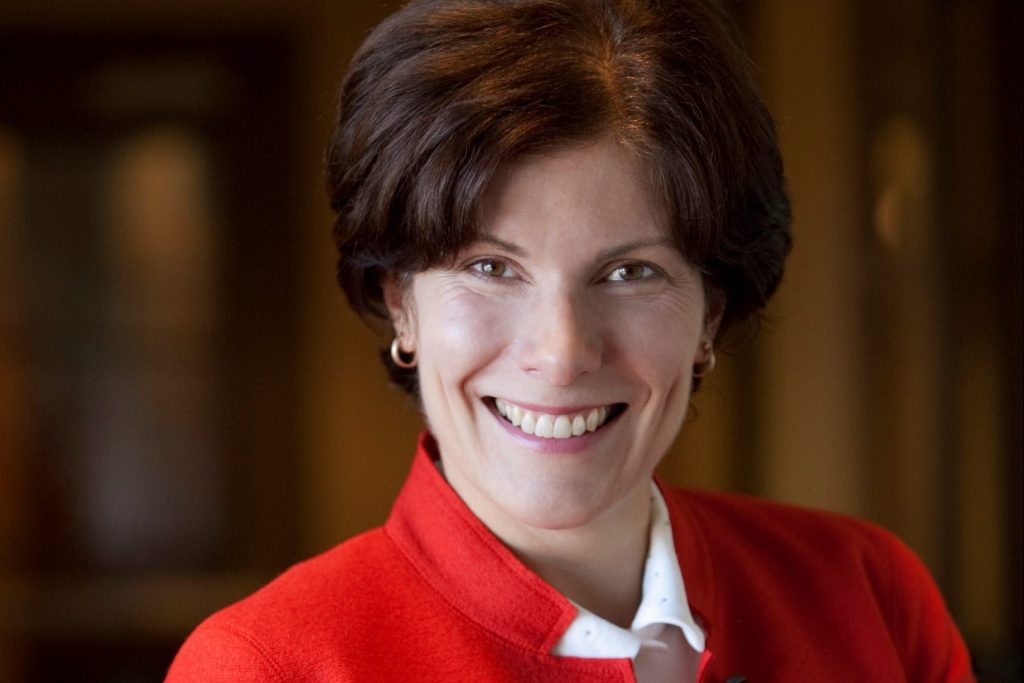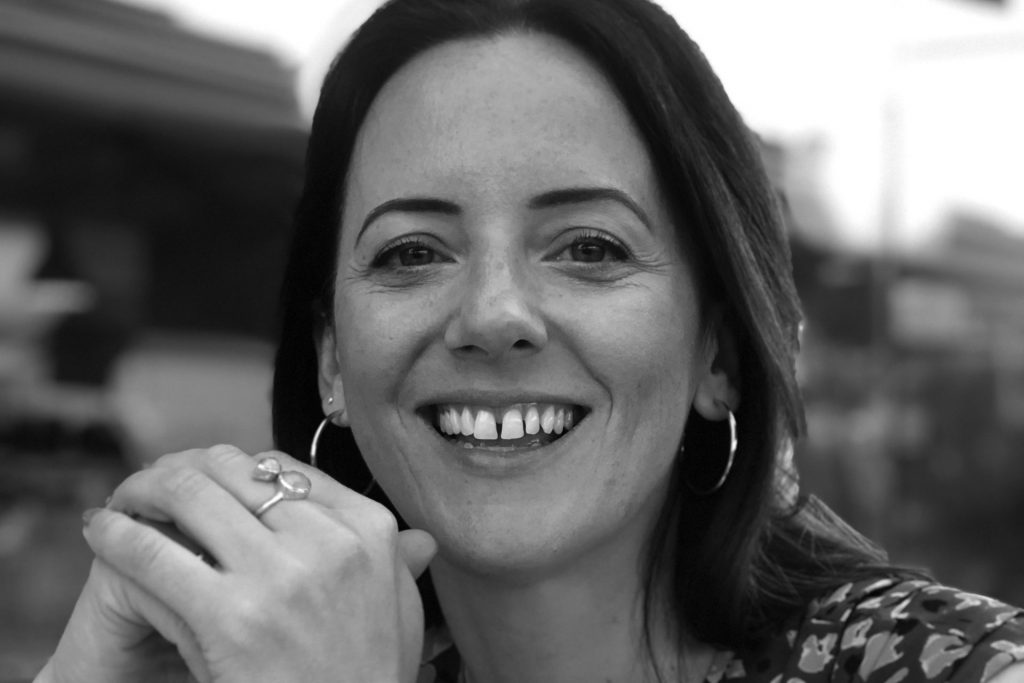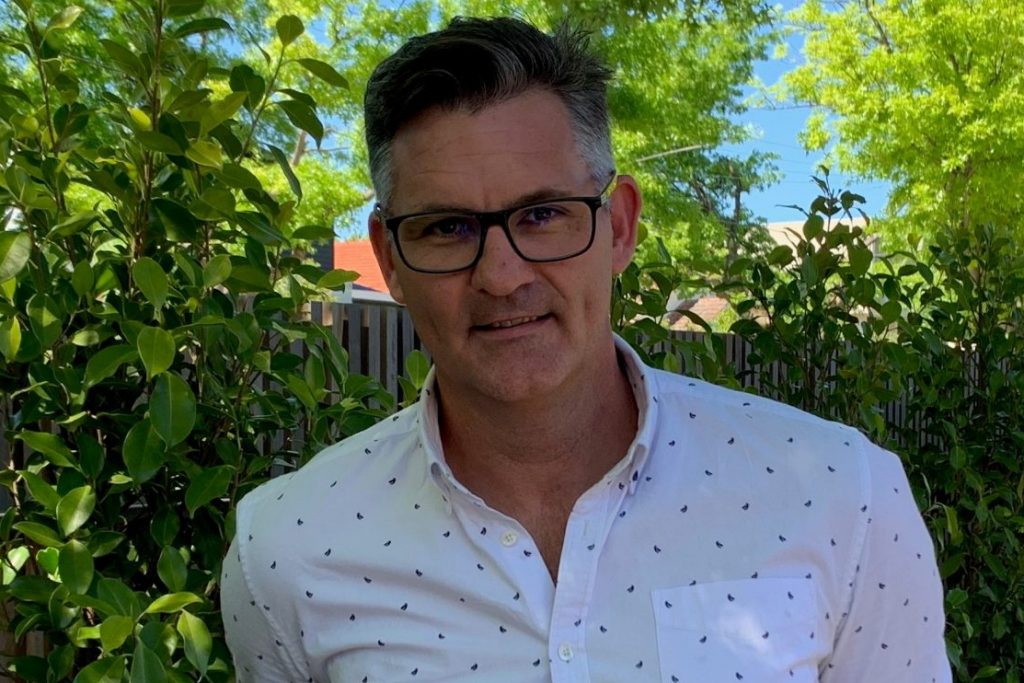So Just Shop, an ethical fashion marketplace set up by Jennifer Georgeson a little over a year ago is setting out to prove that ethical retail can be cool, on trend and most importantly, support women in business.
The aim of So Just Shop is to bring together and support small, creative, women-led artisan businesses from across the world. Working with non profit organisations as an aid worker, Georgeson came across many women who were creating hand made products with ethically-sourced materials and who were wanting to help themselves and build their business.
So Just Shop offers these women an international platform, giving them the opportunity to do it their way, and not rely on charity nor their husbands’ income.
For this week’s “5 Minutes With”, Georgeson talks about how retail can also be about being a part of something and giving back in a meaningful way.
—————————————————————————————————
Tell us a bit about yourself and your background before So Just Shop.
I have a varied background — setting me up with the exact skill set I need for So Just Shop.
I have spent many years living and working in Africa, in Zambia researching prevention of mother-to-child transmission of HIV, and nutrition research in Tanzania and through this I had the opportunity to gain a PhD. I have also worked on health and education programmes in South Asia, most recently with the Clinton Foundation alongside smaller charities.
In between my overseas stints I have worked for a couple of London-based tech start ups, including project managing the IPO of one on the London Stock Exchange and the operations director of a mobile-led start up that is still going from strength to strength.
What got you into the retail sector in the first place?
Working for many years in international development, time and again I saw first hand that barriers to maternal and child health and education were linked to economic disempowerment. How can you take a child to the clinic for its free vaccinations if you cannot afford the bus fare? How can you send all your children to school if you only have enough money for one school uniform?
It is a fact repeated the world over, economic empowerment of women has a direct effect on the education and health of the whole family — women are more likely to invest in their family and local community. Economic empowerment of women saves lives, increases education and improves social indicators of whole communities.
So Just Shop is an online marketplace that enables women-led artisans from some of the most impoverished communities in the world to trade on a global level — economically empowering themselves and their families.
Describe your responsibilities as the founder and chief executive of So Just Shop.
My day-to-day role varies constantly. Last week I was attending a women-in-business event in Houston and talking to Cherie Blair, today I have been prepping a PDF of our new wholesale product line for a well-known department store, talking to a women’s cooperative of Tibetan refugees living in India, alongside reviewing our business model and updating our strategic documents.
I have a wonderful team to support the business but as a start up founder, it is important to understand as many aspects of the business as possible — even if you are not directly doing this work.
How has your previous experience aided your current job?
I have worked with start-ups previously and I think the strength in this experience is understanding that, whilst you have core values, you need to be open to moving and adapting the business.
My experience in international development has taught me patience and the ability to hold the core objective in focus, So Just Shop is all about connecting as many women-led artisans in the world with consumers and telling their stories through their products — everything we do (and consequently I do) must strive towards that goal.
What inspired you to start up So Just Shop?
I was working on a prevention of early childhood malnutrition project in one of the largest slums in the world. Many of the mothers of the children worked insecure and often illegal jobs. Most earned less than a dollar a day, unable to take their babies with them to work they often left them home with the next eldest child — a four-year-old looking after a two-year-old. Meals consisted of biscuits, because what else could a four-year-old feed their sibling?
How can you provide a sustainable solution to this? In many countries the governments cannot afford to run creches to look after these children. We need to raise these mothers out of poverty; giving them the ability to earn a living wage so they can provide for a safe, healthy and secure family and this is what So Just Shop is aiming to do.
What is ethical shopping exactly, and why is it important?
As a definition it is the practice of purchasing products produced in a way that reduces social and or environmental damage.
However, it is so much more than that. Ethical shopping at its best can have a positive impact on both those who make the products — in our case preserving traditional skills, living wage, supporting literacy and educational projects, and teaching new skills — whilst connecting consumers with the stories behind the products, such as giving an understanding of how and where the products were made, the communities who made them, the hours that it took to weave, and the fabrics used to construct it.
As a global society, we need to connect more to understand the positive and negative impact we can have on each other and ethical shopping is one way to do this.
The second-largest fashion retail chain in the world, H&M, recently pledged to use only recyclable and/or materials sourced sustainably. What are your thoughts on that?
H&M is leading the way on many fashion-forward issues and it should be applauded and supported for pushing this agenda forward.
There is always a however, though: we need to start looking at the true cost of clothing manufacturing from the water used to grow and manufacture the materials we use to workers pay and working conditions. There is a cheap, throwaway culture that we have all bought into and until the environmental and social cost starts being priced into our clothing this will not change.
It is incumbent on H&M and all major high street retailers to reflect this, just as it is up to us as consumers to demand this change.
CLICK HERE TO READ OTHER ‘5 MINUTES WITH…’ PROFILES
How much as So Just Shop grown since you founded it in 2015?
In simplistic terms we have quadrupled the number of sellers on our site, tripled the number of countries we are working in and tripled our income. But we started off very small.
The brand alongside the products we stock has strengthened dramatically — a lot of this has to do with our collaboration with London College of Fashion and receiving some amazing, selfless advise along the way. The core vision remains but we are opening ourselves up to different retail channels, including wholesale and corporate gifting.
It is easy not to see how far we have moved but it is almost unrecognisable from launch. Our voice and confidence has gone from strength to strength and this is in no small part to the wonderful team behind So Just Shop.
What is the most challenging aspect of your job?
Right now? Raising investment. We are looking to fund some great technological innovations enabling us to trade with women who currently have no access to bank accounts.
However, with global and local events, the investment market is somewhat nervy at the moment and as an “impact business”, whilst offering an alternative model to investment, is still not a well understood and therefore a more marginalised area for investment.
Second to this, or on a par, would be time. Can I have some more time, please?
What is the most rewarding?
So much. The appreciation of how generous people are with their time — we have received so much advice and support to get the business this far, often from people who have never met me before but genuinely want to see us succeed.
Seeing the business evolve and getting excited every time I unpack a new package.
Every day, seeing the passion for So Just Shop in those that work for it and seeing how everyone is so bought into making this work.
Finally, the ability to have a profound impact on the lives of our sellers and their families.
Can you talk about any upcoming projects that you’re working on at the moment?
Developing our first wholesale product line. It is so exciting to see our wonderfully talented creative director, Erica FaceTiming with artisans in the Himalayas, coming up with gorgeous patterns and colours for pashminas — although she is complaining the view from our office onto a London street is not quite as good as the view from their factory window onto snow-capped mountains.
For me personally, I am most excited by developing our tech platform to enable us to trade with women who currently have no bank account and this will enable us to expand our reach to, well, everywhere really.
What advice would you give someone who is considering embarking on a career in retail?
If you have design skills then my number one piece of advice would be get comfortable with numbers. Understanding pricing, understanding your business model is key.
I know is seems both a boring and a fearful answer but this will help you know if the business is working, or what you need to do to make the business work.
And — although I think this applies to everything in life — if you don’t feel confident doing this, ask for help. I have asked for help countless times since our inception and people say yes.
What would you say is the biggest risk for the retail sector, given the current climate?
Lack of consumer confidence and inflation. So far, this year’s sales are better than this time last year. I caveat this with the fact we are a small and growing business, but I have just had to put up my prices for some beaded belts, hand-stitched in Kenya, by 25 per cent — because their pricing is linked to the US dollar and, given we are primarily a marketplace, we cannot absorb this price rise.
Click here to sign up to Retail Gazette’s free daily email newsletter


















